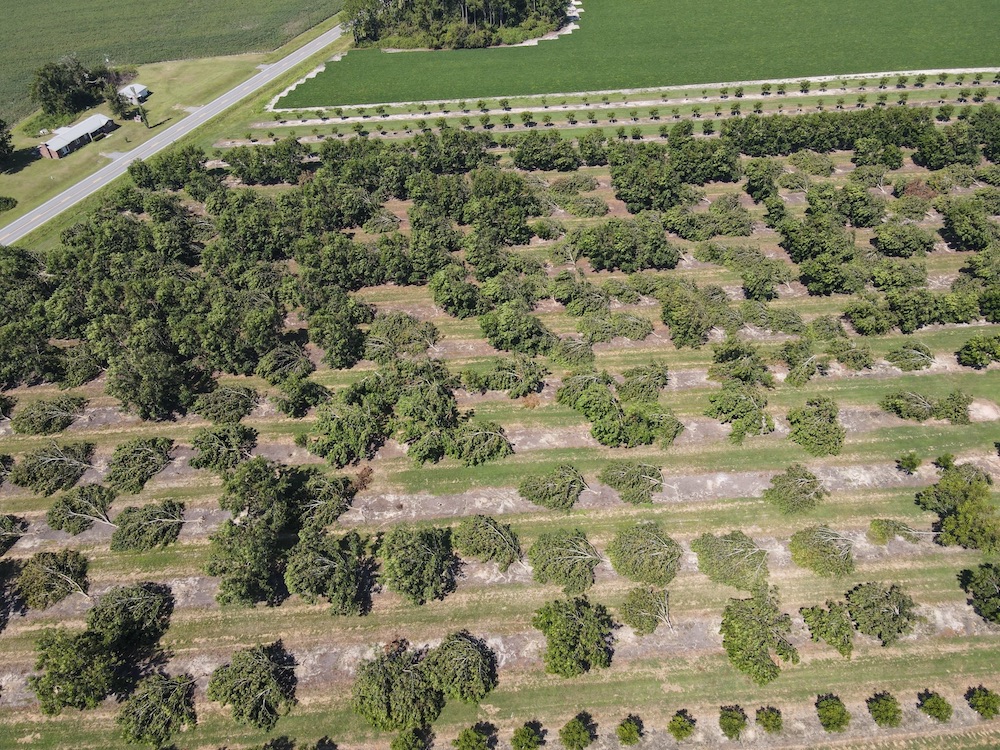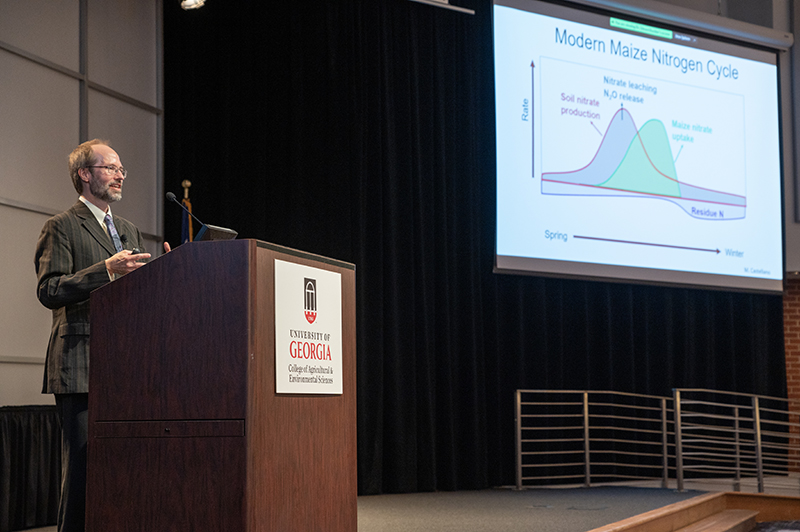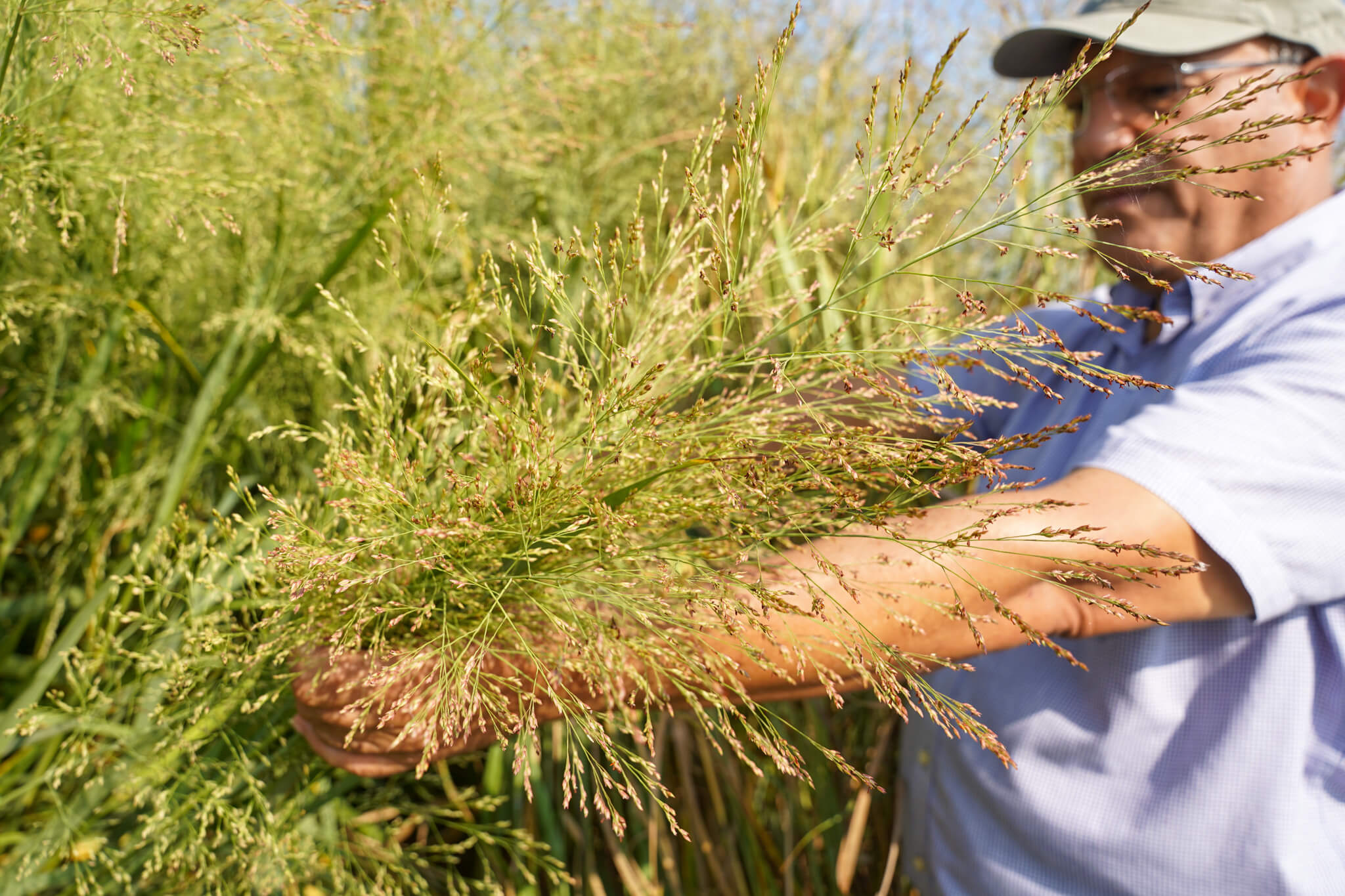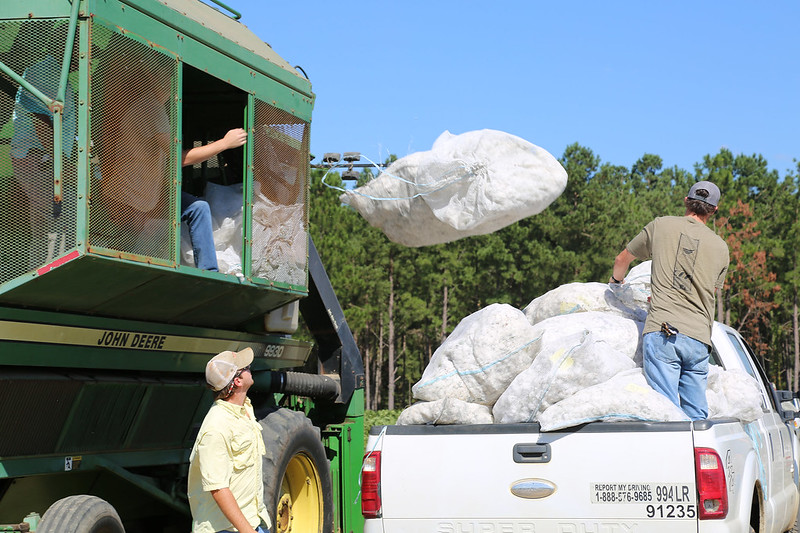The drought conditions now gripping the southern two-thirds of Georgia are expected to last through the summer, with a chance conditions could worsen through at least the middle of August.
The dry La Niña winter and spring for southern Georgia means that the typical moisture recharge for the region did not occur this year. As the heart of the agricultural growing season begins this month, there is minimal moisture reserve at this time. But water resources are expected to remain adequate for most locations.
May is typically one of the driest months in Georgia. There is little hope for near-term drought relief. The only hope for widespread drought relief will be from tropical weather systems. Typically, Georgia does not experience tropical weather until late summer and fall.
Current soil-moisture levels in the coastal plain are at or below the tenth percentile. At the tenth percentile, the soils would have more moisture 90 out of 100 years. Soil-moisture levels in the lower Chattahoochee River and lower Flint River valleys are between the first and fifth percentiles. At the first percentile, the soils would have more moisture 99 out of 100 years. Across the southern half of the piedmont, soil moisture levels are around the twentieth percentile.
Stream flows across the southern two-thirds of the state are well below normal for early May. Across the northern third of the state stream flows are well above normal. Major reservoirs across the state are near or above normal levels for early May. The exception is Clarks Hill, which has been lowered by the U.S. Army Corp of Engineers for maintenance.
Wildfires are occurring across the state. Active wildfires are currently burning in the Okefenokee Swamp in southeast Georgia. With the dry conditions, people are encouraged to use caution when engaged in activities that might lead to wildfires.
Up-to-date information on dry conditions across Georgia can be found at www.georgiadrought.org. Updated weather conditions can be found at www.georgiaweather.net.







.jpg)